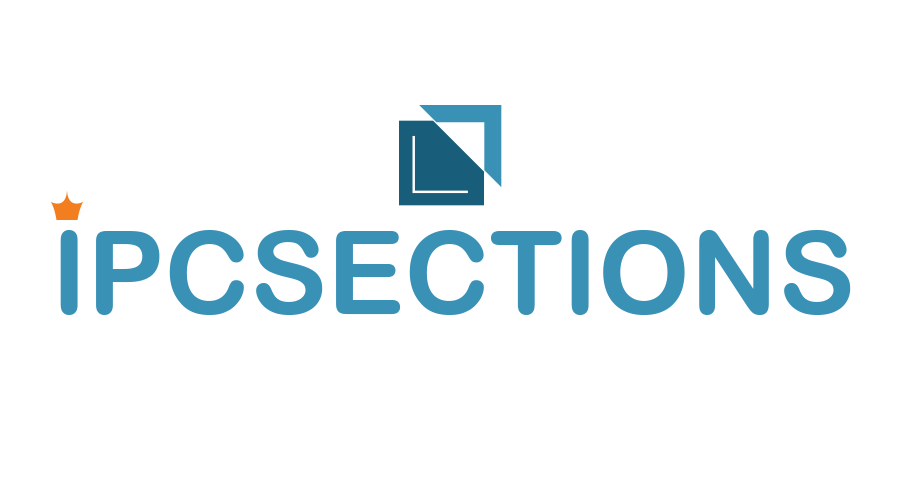Navigating the legal landscape following an injury can be daunting, especially when seeking redress through legal means. Whether it’s a workplace injury or instances of neglect in nursing homes, understanding the legal roadmap for seeking compensation is crucial. Workers’ compensation claims and nursing home neglect fall under specific legal jurisdictions, each with its own procedural steps.
Workers’ Compensation Claims are designed to provide financial assistance and medical benefits to employees who sustain injuries or illnesses while performing their job duties. The process for filing a workers’ compensation claim typically begins with promptly reporting the injury to the employer. This step is critical, as failing to report the injury within a specified timeframe might jeopardize the claim. Once reported, the employer usually provides forms for the injured employee to complete, initiating the claim process.
After filing the claim, the employer’s insurance company investigates the incident and evaluates the claim’s validity. Medical documentation and evidence supporting the injury play a significant role in determining the claim’s approval. If the claim is approved, the injured employee is entitled to receive compensation for medical expenses and lost wages. In cases where the claim is denied, there’s an appeals process that involves hearings and legal proceedings, often necessitating the expertise of a workers’ compensation attorney.
On the other hand, cases involving nursing home neglect or abuse require a different legal approach. Nursing home neglect refers to the failure of a care facility to provide proper care, resulting in harm or injury to residents. Seeking redress in such cases typically involves consulting a nursing home neglect attorney who specializes in elder law or Personal Injury Lawyer.
The legal process for nursing home neglect cases often begins with gathering evidence of neglect or abuse. This evidence could include medical records, witness statements, photographs, and other relevant documentation. After compiling evidence, an attorney can file a lawsuit against the nursing home or facility responsible for the neglect.
The lawsuit initiates the discovery phase, during which both parties exchange information and evidence. Settlement negotiations may occur at this stage, aiming to resolve the case outside of court. If a settlement cannot be reached, the case proceeds to trial, where evidence is presented, and a judgment is made.
In both workers’ compensation claims and nursing home neglect cases, having legal representation significantly enhances the chances of a favorable outcome. Attorneys specializing in these fields possess the expertise to navigate complex legal procedures, advocate for their clients’ rights, and ensure fair compensation for damages incurred.
When seeking legal assistance for workers’ compensation claims or nursing home neglect, finding an attorney experienced in handling such cases is crucial. These specialized attorneys possess the knowledge and skills necessary to navigate the intricacies of these specific legal areas, ensuring the best possible outcome for their clients.
Simultaneously, reporting the injury to the employer as soon as possible is vital. Employers often have specific protocols for reporting work-related injuries, and failure to adhere to these timelines might affect the eligibility for compensation. Once the claim is filed, the insurance company conducts an investigation to validate the injury’s connection to the job and assess the claim’s legitimacy.
In some instances, disputes may arise regarding the severity of the injury, the need for specific treatments, or the extent of disability. This is where having legal representation, such as a workers’ compensation attorney, becomes invaluable. These attorneys specialize in advocating for injured workers, ensuring that their rights are protected throughout the claim process, including any necessary appeals or hearings.
Transitioning to cases involving Nursing Home Neglect Attorney, the journey for seeking justice often begins when concerns or suspicions arise about a loved one’s care in a nursing facility. Signs of neglect could include unexplained injuries, malnutrition, dehydration, poor hygiene, or emotional withdrawal. If such signs are observed, contacting a nursing home neglect attorney becomes paramount to safeguard the resident’s rights and well-being.
Upon consulting an attorney specializing in nursing home neglect cases, a thorough investigation ensues. This investigation aims to uncover any evidence of neglect or abuse through various means, including interviews with the resident, family members, staff, and reviewing medical records or facility documentation.
Legal proceedings in nursing home neglect cases often involve filing a lawsuit against the negligent facility or individuals responsible. During the litigation process, attorneys work diligently to gather evidence, depose witnesses, and build a compelling case to hold the negligent parties accountable. Settlement negotiations may occur, but if a fair agreement cannot be reached, the case proceeds to trial.
Throughout these legal processes, whether in workers’ compensation claims or nursing home neglect cases, the expertise of seasoned attorneys is fundamental. These attorneys not only navigate the legal complexities but also offer support and guidance to their clients during what can be emotionally challenging times.
In conclusion, both workers’ compensation claims and nursing home neglect cases demand meticulous attention to detail, gathering substantial evidence, and navigating legal intricacies. Seeking the assistance of specialized attorneys significantly improves the prospects of obtaining rightful compensation and holding negligent parties accountable for their actions, ensuring justice for those affected by these unfortunate circumstances. Navigating injury cases demands a meticulous understanding of legal intricacies. From filing claims to negotiating settlements, each step requires precision and expertise. Engaging a reliable DUI Lawyer in Oakland ensures your case is handled with proficiency, safeguarding your rights while pursuing equitable compensation through a structured and legally sound approach to justice.

